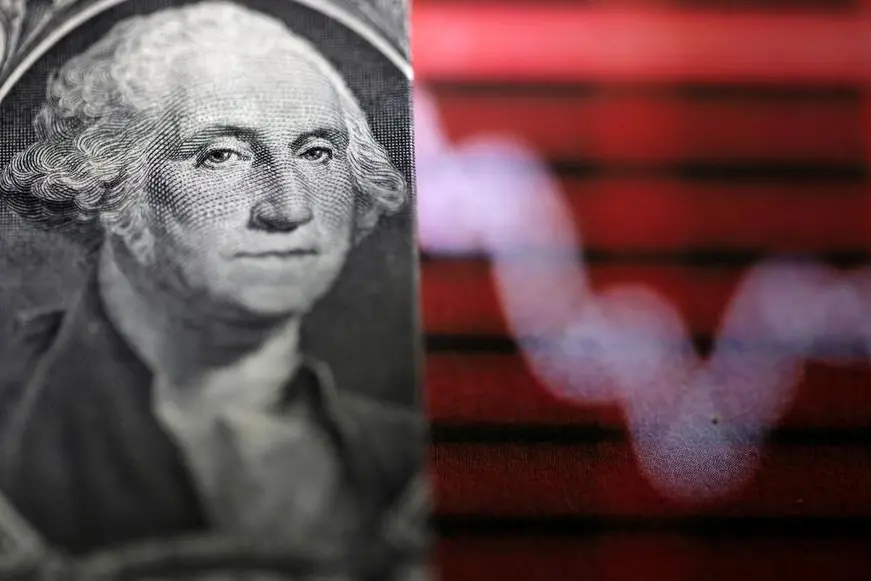PHOTO
The real gross domestic product (GDP) of the US decreased at an annual rate of 0.9% in the second quarter of 2022, following a decrease of 1.6% in the first quarter.
The smaller decrease in the second quarter primarily reflected an upturn in exports and a smaller decrease in federal government spending, according to the US Bureau of Economic Analysis.
The economy contracted again amidst The Federal Open Market Committee (FOMC) has hiked its key interest rates by 75 basis points on Wednesday to fight spiraling inflation.
The decrease in real GDP reflected decreases in private inventory investment, residential fixed investment, federal government spending, state and local government spending, and non-residential fixed investment that were partly offset by increases in exports and personal consumption expenditures (PCE).
Current-dollar GDP increased 7.8% at an annual rate, or $465.1 billion, in the second quarter to a level of $24.85 trillion. In the first quarter, GDP increased 6.6%, or $383.9 billion.
Imports, which are a subtraction in the calculation of GDP, increased.
On Wednesday, US Fed Chairman Jerome Powell said there are too many areas in the economy that are performing too well and he does not think that the US is currently in a recession.
"It's true the growth is slowing, and for reasons that we understand the growth was extraordinarily high last year at 5.5%. We would have expected the growth to slow and there is more slowing down of growth happening now. But if you look at the labour market, you have payroll jobs averaging 450,000 per month, and that's a remarkably strong level," the Fed chairman said.
"All of the wage measures that we are tracking are running very strong. So, this is a very strong labour market with 2.7 million people hired in the first half of the year. It doesn't make sense if the economy would be in recession with this kind of thing happening. So, I don't think the US economy is in recession right now," he added.
Economists polled by Reuters expect the US GDP grew, if slowly, in the three months from April through June. The median projection in a Bloomberg survey of economists called for a 0.4% advance in GDP and a 1.2% rise in consumer spending.
The National Bureau of f Economic Research defines recession as “a significant decline in economic activity that is spread across the economy and lasts more than a few months.”
(Writing by Seban Scaria seban.scaria@lseg.com; editing by Daniel Luiz)





















